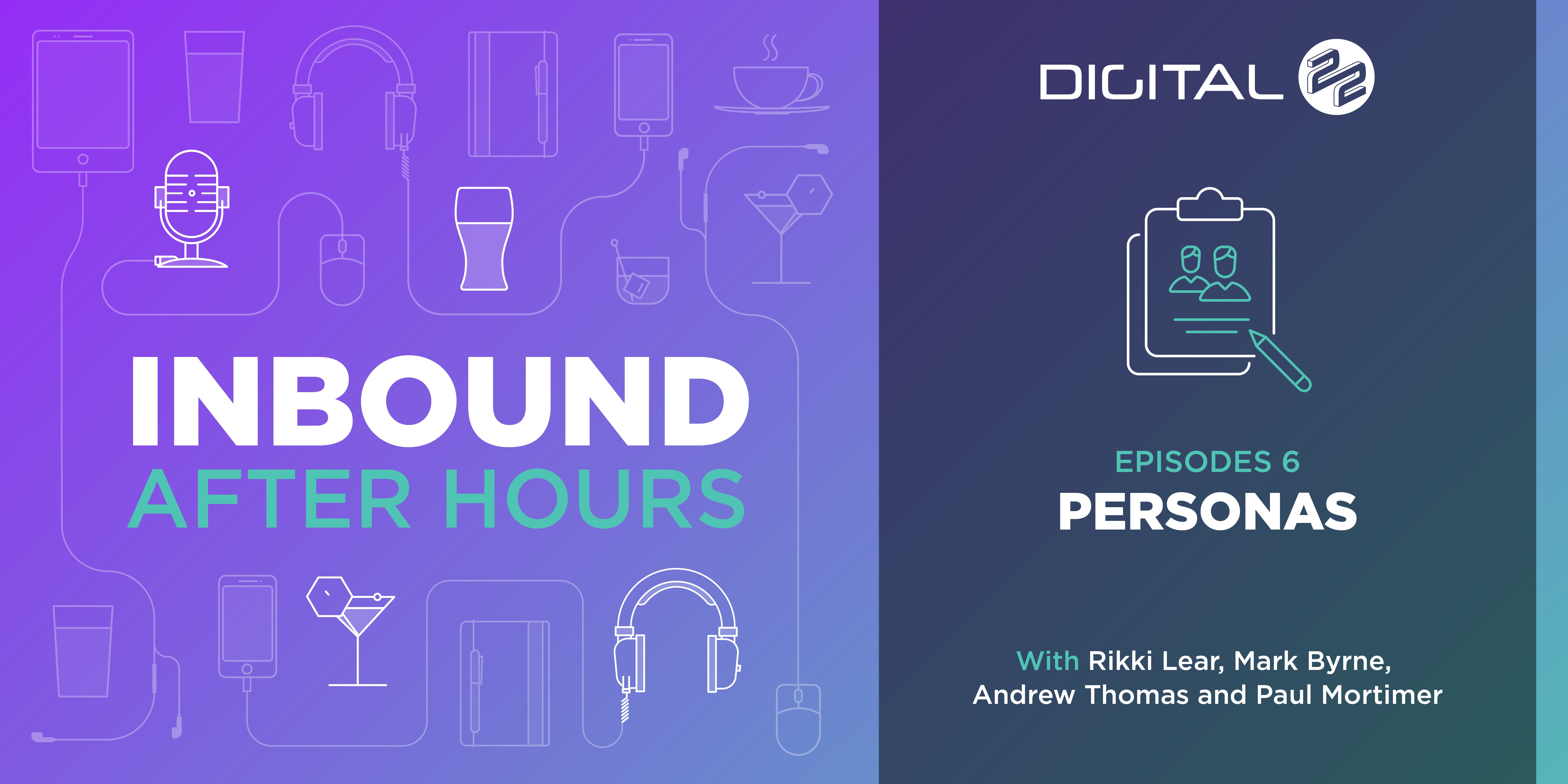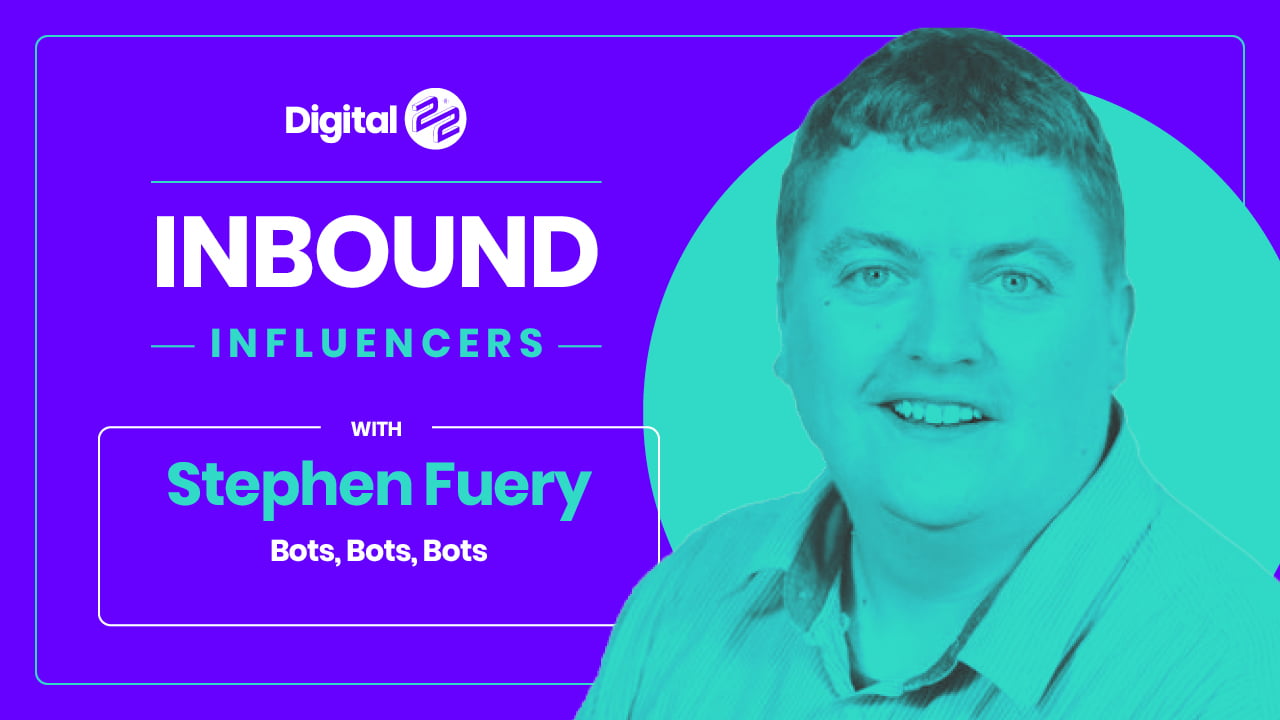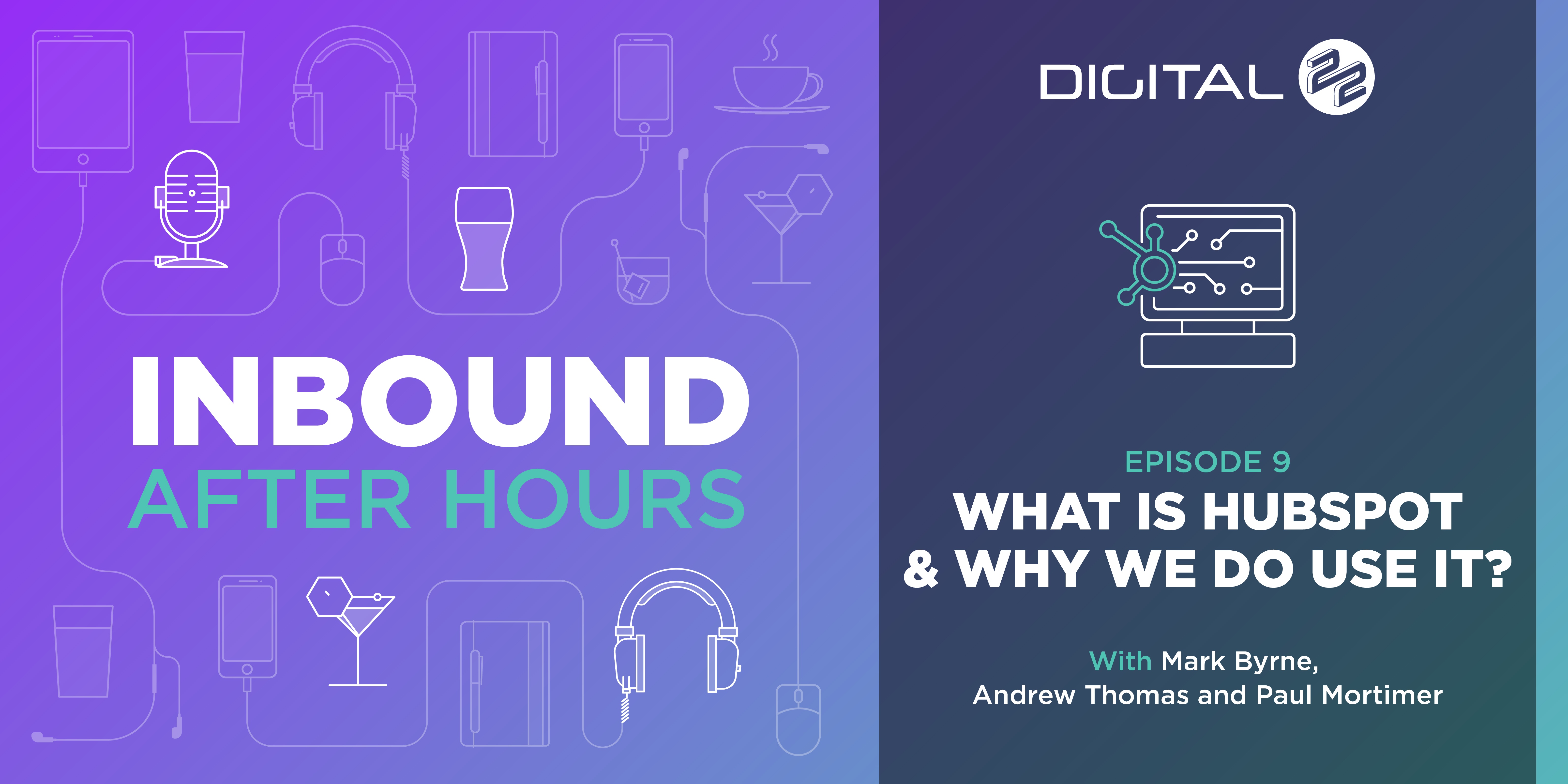This week we chat about the importance of creating personas and why they are a critical foundation...
The near 1000-strong chain of UK pubs, J D Wetherspoon has announced it's shutting down all of its social media accounts. They'll be losing close to 150,000 followers on Facebook and Twitter instantly, which sounds like lunacy, so let's look into why it kinda makes sense and whether you should consider it too.
Why are They Doing it?
Their chairman, Tim Martin, has stated the decision was made, in conjunction with his pub managers and as a response to data concerns and the addictive nature of social media, generally. As quoted on the Huffington Post, Martin said:
"I don’t believe that closing these accounts will affect our business whatsoever, and this is the overwhelming view of our pub managers.
“It’s becoming increasingly obvious that people spend too much time on Twitter, Instagram and Facebook, and struggle to control the compulsion."
Is it the Right Decision?
Martin has previous form for proudly going against popular convention and many people take what he says with a pinch of salt. It's easy to see things like this, his loud pro-Brexit stance and attitude to taxes, and deduce he's just a publicity merchant. Just Google, "Tim Martin controversy."
And whether you agree with what they end up doing to local, independently run pubs near to where they setup shop depends on where you stand on the "Free Market vs Community Importance of Pubs" debate. What you can't deny is they are a business success.
So, shutting down social media at a time when "everyone uses it" seems an odd business move, but here's why it kinda makes sense.
Take a look at the pros and cons to their decision and decide whether you should follow suit:
Why J D Wetherspoon Turning Off Social Media is a Good Move
- Their regulars are pretty loyal - and it's nothing to do with social media. Their regular clientele probably aren't easily swayed by social media when it comes to choosing a favourite, affordable watering hole - students, pensioners, people on a tight budget - they follow what their wallet and service tells them. Wetherspoon's pubs excel here.
- Their new customers are usually transient and not won-over by social. They're a nationwide brand that's so well-established and familiar that they're the first port of call for many people when visiting a new town or city on a boozy trip. How often have you heard, "There's a Spoons, there. We'll just grab something to eat in there and work out where we're going." or "You go and get changed, we'll meet you in the Wethersoon's across the road." You've got a Wetherspoon's back home, so you know this one will be sound. (Note, this is actually a massive, wide, open social-media-goal to tap in to. How easy would it be to join in these kind of conversations, on social, in a friendly and helpful way?)
- Pubs don't work if everyone inside is sat on social media. This whole thing is perhaps just a bigger version of that.
- They're nationwide, but each pub is pretty unique - this isn't ideal for a single social account. And this doesn't lend itself to a single social media presence. Whilst the latter point highlights that you know what you're going to get when visiting a new Wetherspoon's, each one is purposely different, from the unique carpets to the local history on the walls. For example, there are two Wetherspoon's pubs where I live, both with a different set of clientele, even though the food and drinks are the same.
- They will no longer be part of social media controversy. I imagine the people running Wetherspoon's accounts are tired of controversy - they're hounded by popular parody accounts and spend too much time combating hoaxes and stunts.
- Their social following wasn't that big anyway. A thousand pubs and a brand that everyone knows and uses at some point in their life - even if it's a guilty pleasure - but less than 150,000 followers on Facebook and Twitter combined? Social has never been a concern for them, is what those numbers tell us. They can now divert this attention elsewhere.
- Social media is getting tougher for businesses with every algorithm change and the rise of AI. Rikki and I were chatting with a client recently (who has half a million Facebook fans) about how it's getting harder all the time to win at social media given all the changes they're making to their algorithms. Look at Facebook, even before the Cambridge Analytica scandal broke. The company made changes to its newsfeed algorithm to make people spend less time on the platform but leave it in a better mood. They don't want content publishers barging their way into people's feeds uninterrupted. Of which Wetherspoon is one.
J D Wethersoon might just be adding all of this up and thinking, "Do you know what, let's concentrate on something else." And why wouldn't they?
Funny you should ask...
Why J D Wetherspoon Turning Off Social Media is a BAD Move
- They're no longer part of the conversation. They already suffer from poor reviews on social media, but they can't actually respond or control this once they leave. It's a bit like sticking your fingers in your ears and hoping nobody else notices what's being said about you.

- They'll have to come back at some point - and start again. Wetherspoon might not be bothered about this, as they've already deleted their contact database in preparation for GDPR, but social media isn't going anywhere, it's merely in a state of flux. I'll bet you a coffee they end up back on social media one day - and now they'll have to start from scratch when doing so.
- They have an app - so why not social? They clearly understand the importance of digital comms and the growing reliance on technology in our daily lives. You can order drinks, without leaving your table, from your phone when sat in a Wetherspoon's and you get free WiFi. Why would you not want to also speak to these same customers on social media when they aren't in your pubs?
- They have no database for email comms. So how are they going to direct traffic to their website where they will be making announcements? Or direct people to their pubs to pick up a copy of their printed magazine? Nobody will be checking their social media feeds and spontaneously think, "Oh, I wonder is Wetherspoon's put anything new on their website today!" This is why you need social media, even if it's just for sharing content.
- They're missing out on reaching 42 million people in the UK. That's how many people use social media in the UK and not having social media means you won't be able to communicate to them on the very platforms they want to spend their time on.
- They'll have to rely solely on paid advertising for increasing digital reach. We believe you should be doing this anyway and social media is probably heading towards pay-to-play for businesses, but having no organic reach at all is like switching off SEO. It's not a smart long-term move.
- Social media users enjoy speaking to people at the other end of a tweet. Where can prospective customers or (worse) those with a complaint turn to now if they have a Wetherspoon related query? People enjoy being able to speak to a real person at the other end of a tweet when they have a query for a company/business. Wetherspoon is turning this loyalty building function off.
Should You Turn Off Social Media Too?
If you view the "good idea' points in isolation then, yes, it appears that turning off social media is the right thing to do. If you share these particular characteristics:
- You have a nationwide brand that everyone can rely on.
- Your individual points of sale (like Wetherspoon's pubs) are actually locally relevant.
- Your regular customer base isn't influenced by social media or reliant on it for hearing new information.
- You don't want to expand your reach to all the potential customers sitting on social media right now.
- You don't want to interact with customers as real people, on the platforms they enjoy using.
If you tick all those boxes, you should consider switching off social media. But if you have any interest in reaching potential and existing customers in a way they enjoy and are used to, then social media should form a part of your marketing efforts.
Social Media Should Still Be Part of Your Wider Strategy
And that marketing strategy should be inbound. If you're researching the merits of switching off social media, you're already thinking a few steps ahead. This means you'll be ready to start or step up your inbound marketing efforts.
If this is kind of new to you, read some of our older introductory blogs, but if you're ready to decide on the best platform to use to do inbound marketing, take a look at our easy comparison of the big four...


